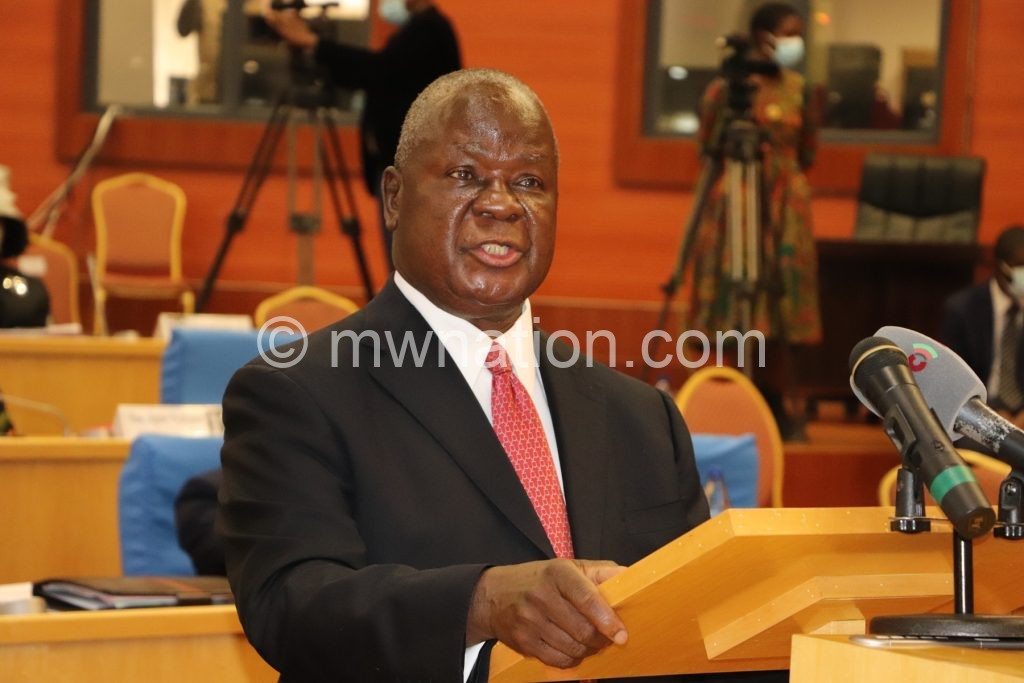Mixed views on duty free week
Economists and tax experts have differed opinion on whether the Tonse Alliance government should implement the duty-free week promise given the current poor economic environment that is affecting revenue to finance the national budget.
While some are calling on the government to shelve the duty-free week campaign promise, saying Malawi cannot afford such a luxury given the dwindling tax revenues to finance national budget, others argue the incentive can be implemented on selected imports.

The Tonse Alliance government promised duty-free week during the campaign period to accord compliant taxpayers a chance to import certain goods duty free.
Consumers Association of Malawi (Cama) executive director John Kapito said all political parties made various promises to voters with the aim of improving the lives of Malawians, but also to mobilise Malawians to vote for them.
However, he explained that some of the promises have turned out to be unviable such as the duty-free week which will further weaken government revenue base.
Kapito said: “Malawi as one of the poorest countries in the world cannot afford to have a duty-free week. The country is still failing to balance its own books and very much depends on handouts from the donor community.”

He said Malawi economy is currently in bad shape—with debt stock at K4.1 trillion and expected to borrow K530 billion to finance its 2020/21 National Budget.
“It will take long to be in good shape where citizens can begin to have such luxuries,” he insisted further pointing out that the country has a huge budget with a deficit of K754 billion, highest unemployment rate of above 5.65 percent and most of the population faces hunger and cannot access quality education and health services.
Concurring with Kapito is the Centre for Research and Consultancy executive director Milward Tobias.
In a written response Wednesday, he said the duty-free week campaign promise just like subsidised passports and free driving licence renewals must be abandoned.
He said: “Government should implement programmes that empower people so they have ability to pay duty when they import. There is no strong economic advantage, further, duty free week counters import substitution drive.”
He explained that Malawi’s level of development cannot sustain a welfare State, saying such offers are not necessary and that no one should pay tax to subsidize someone’s passport.
Tobias said it is therefore important for government to review and eventually abandone it.
He explained: “Implementing a duty-free week has potential negative consequences, including risk of further worsening trade balance, draining scarce foreign exchange on imports that may not support productive sectors and tax revenue loss.”
Both tax expert Emmanuel Kaluluma and associate professor of economics at the Polytechnic, a constituent college of the University of Malawi, Betchani Tchereni watered down the implementation of the duty free-week.
“There are cries of different government ministries, departments and agencies [MDAs] for more funding meaning revenues remain challenged,” said Kaluluma.
While Tchereni said the President is currently waving a begging bowl for debt relief as such the duty-free week is a non-starter.
“That’s why some of us are recommending a duty-free week but on selected commodities, not all commodities,” he said.
Minister of Finance Felix Mlusu said government is keen to implement its campaign promises but was quick to call for patience saying all promises may not be fulfilled within a year.





